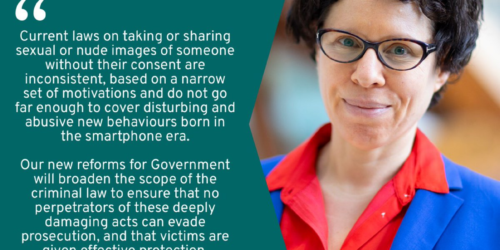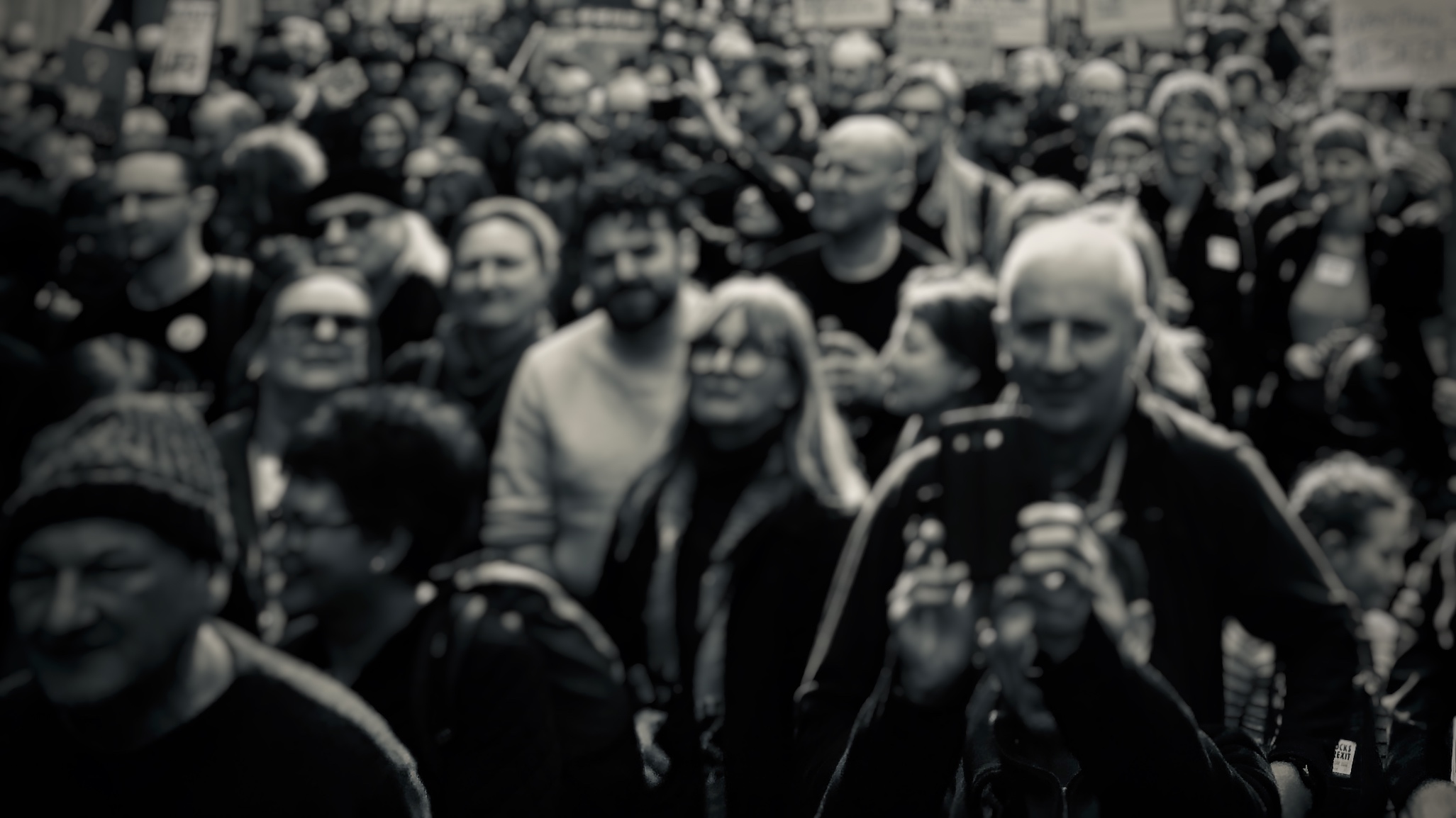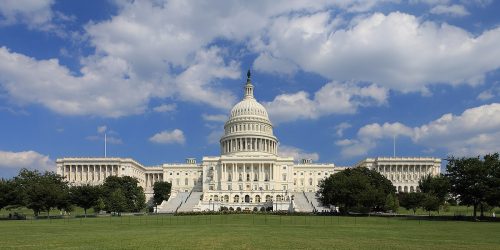Battle of the Beige – Amazon Influencer Showdown
The Verge has posted a fascinating deep dive into a legal battle in the Amazon influencer space, centred around influencers Sydney Nicole Gifford and Alyssa Sheil. In a world where social media influencers shape trends and sell products with the power of a single post, a new lawsuit has brought the intersection of copyright law and influencer marketing into focus.
At its core, the case, Gifford v. Sheil (1:24-cv-00423), accuses Sheil of appropriating Gifford’s minimalist style and copying the composition and subject matter of specific photos. Gifford trys to suggest that Sheil infringed on her style, composition and subject matter of her posts, and even styled her hair and photos in a way that lead to confusion between the two influencers.
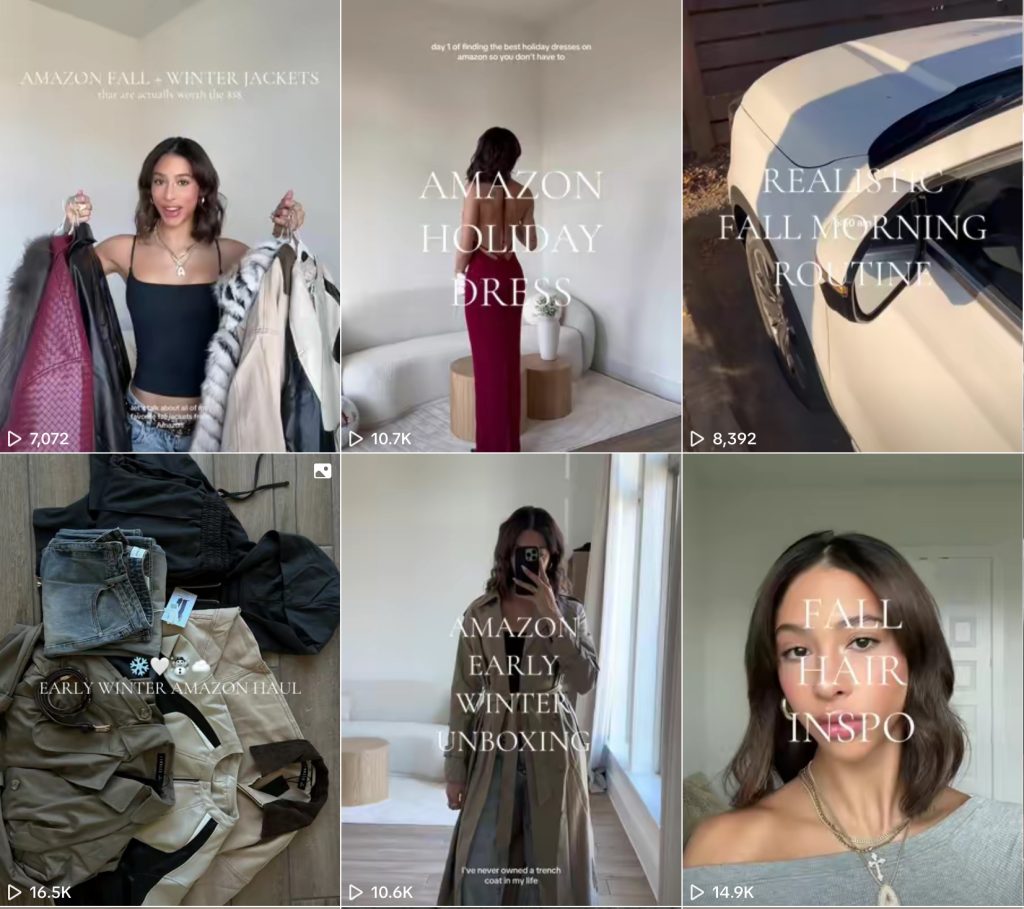
The photos in question are a popular genre often described as the “clean aesthetic”, stylized, minimalist images typically featuring well-lit shots of products or people in serene, curated settings. This style is particularly prevalent on platforms like Instagram, where influencers often partner with brands to promote everything from beauty products to lifestyle items.
Copyright law requires works to be both original and creative, something that could prove a challenge for both Gifford and Sheil due to their minimalist style and the generic nature of their content. Despite some similarities in style and content between the two influencers, their shared use of standard fonts and poses does little to distinguish either from torrents of influencer content flowing through Instagram and TikTok every hour.
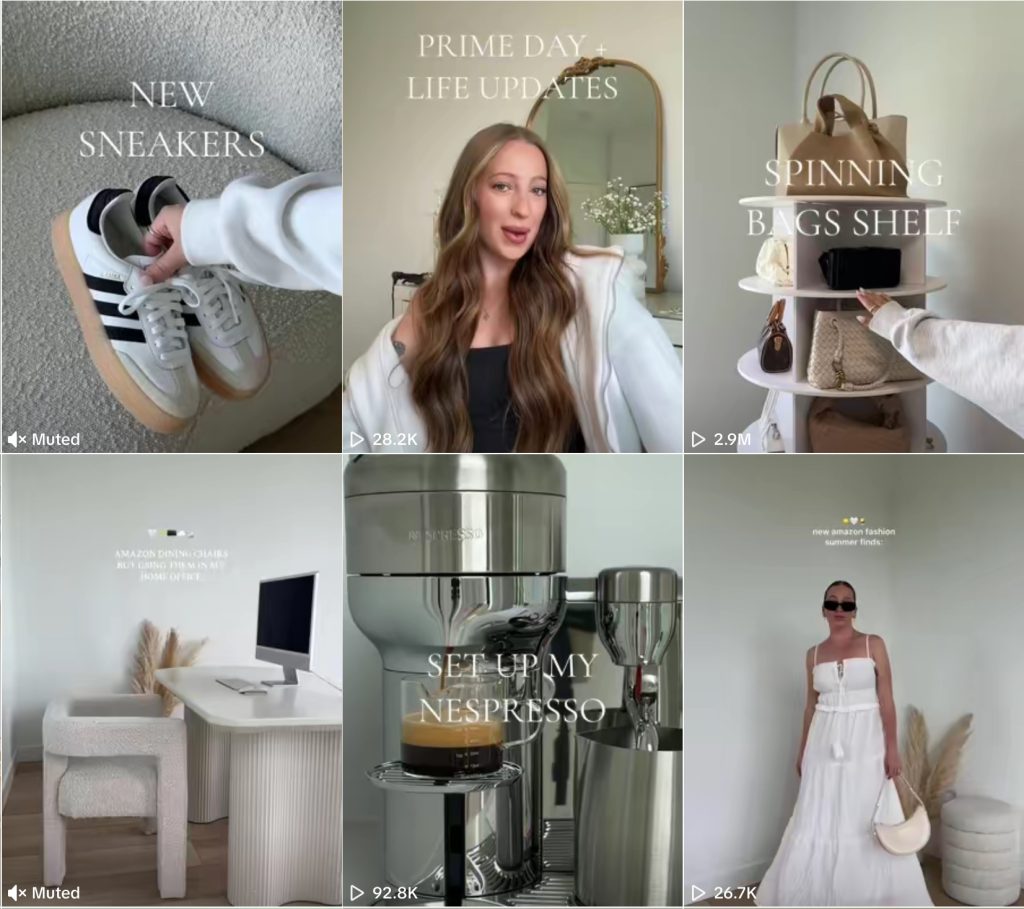
Gifford is likely to have an uphill battle to prove her claims of infringement over her personality rights and copyrights – regardless of whether Sheil did in fact copy her product choices and poses. The photos in question are largely generic in nature and involve widely available consumer goods available on Amazon, and many of the products themselves are knock-offs of famous brands.An extension of copyright law to encompass this kind of run of the mill consumer influencing would have a chilling impact on copyright law and open the sluice gates for a flood of copycat lawsuits.
Gifford’s limited notoriety and the differences between the influencers in name, physical appearance and racial background all seem undercut the potential for a successful claim for breach of personality rights.
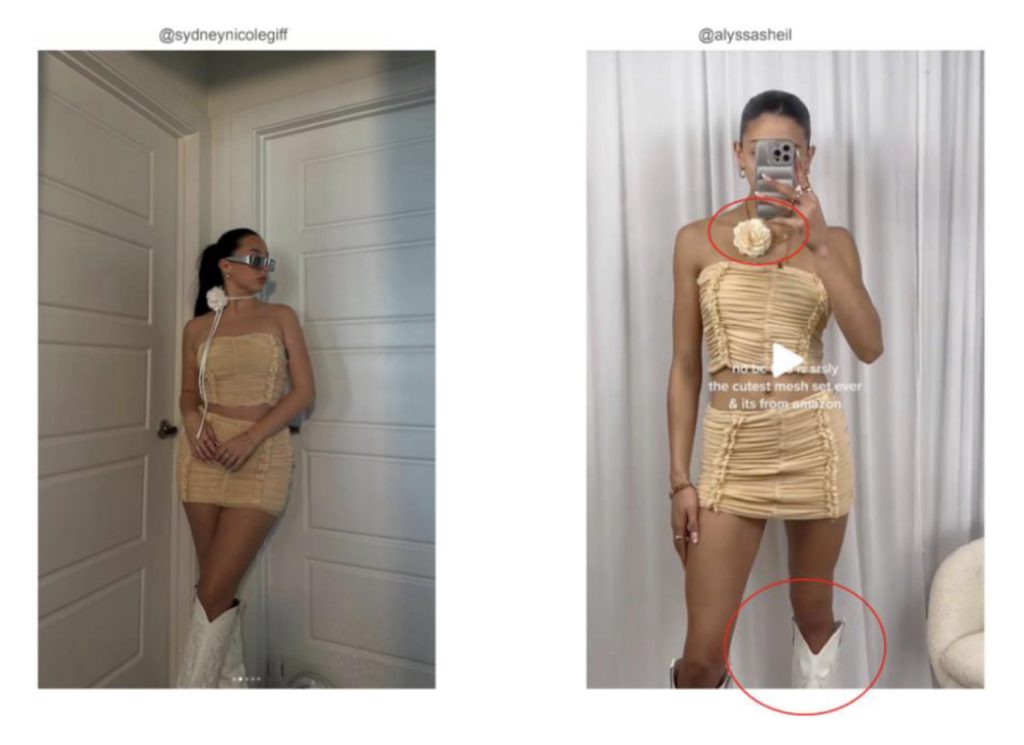
Yet, despite the potential challenges faced by Gifford in her claim, the wider principle she is pursuing and the potential expansion of copyright law in this regard reflects wider issues around the appropriation of images and styles by AI and LLMs to train their models.
In cases like this I’d usually say that the only winners will be the lawyers – but the media attention seems likely to give a boost to both of these otherwise fairly generic influencers. And while this case is likely to fade to beige, the underlying legal issues for influencers are likely to post up again and again.




